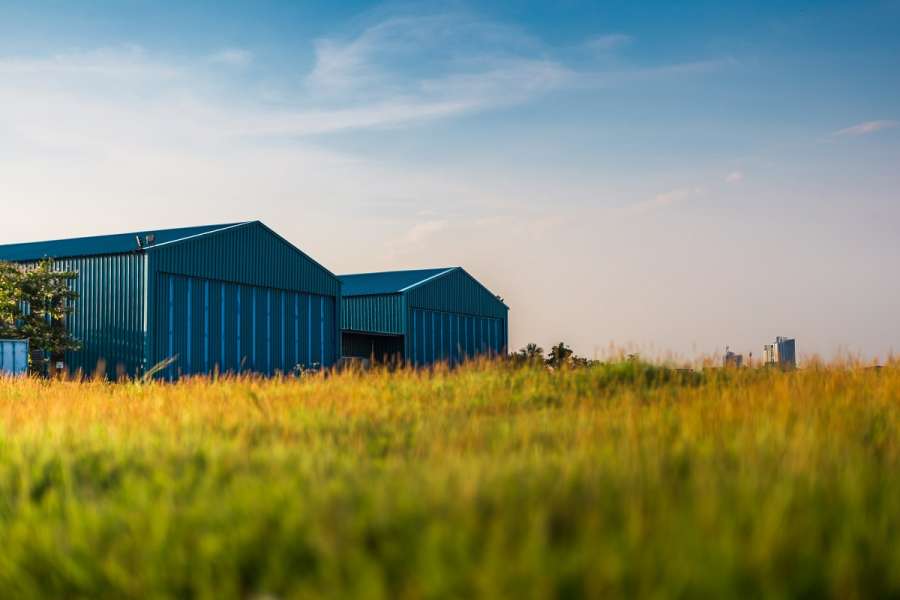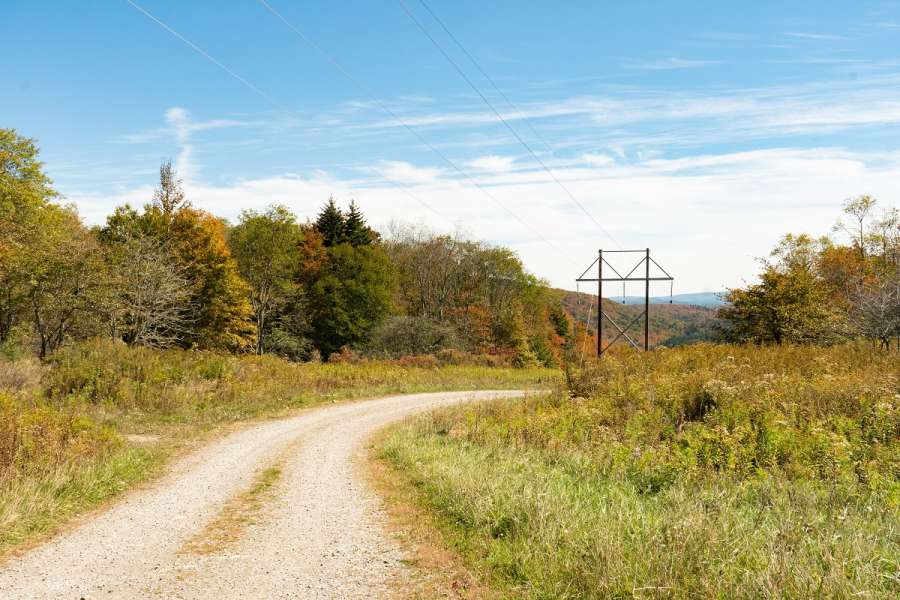Often, when buying land or residential buildings that were or currently are in agricultural use, there are further issues that your solicitor will consider in the course of the conveyancing procedure above and beyond a normal house or flat.
If you are buying some land to extend your garden, a barn conversion or an old farm building, the paperwork and searches will be checked and scrutinised thoroughly.
Your solicitor will guide you through each step of the way to deal with these additional hurdles.
It is important to instruct someone in this process who is familiar with and can recognise any potentially troublesome property issues which may affect your enjoyment of the property, or even thinking far into the future, difficulties when you come to sell or remortgage the property.









